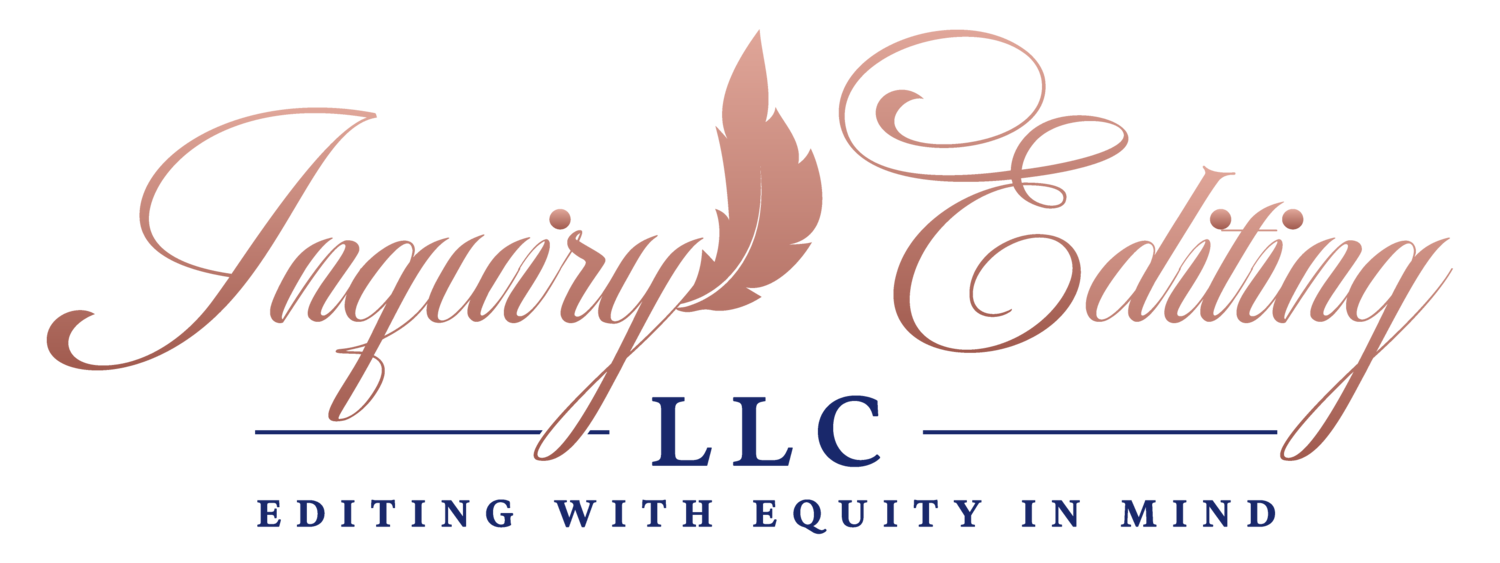Happy September!
We last I left you, dear Reader, we were discussing editing strategies. I hope that the summer hiatus treated you well, that your July and August were filled with both writing triumphs and personal joys.
When you read this, I will have had my first day of classes. Sorry to those who begin before me, but Bates respects the sanctity of Beyoncé’s birthday er, I mean Labor Day.
For many of us, the beginning of the school year brings a great deal of dread. We often assume that the start of classes means the end of our consistent writing progress. We assume that classes will take up so much time or administrative work will take up so much time that we couldn’t possibly make room for our writing and research. Sometimes, that assumption comes with feelings of guilt: how can I be a good teacher if I am also concerned about research? Alternatively, there is a bit of blame: for instance, the thought that people who spend time on research couldn’t possibly care about their students. I have also heard practical objections: there is not enough time to do everything in twenty-four hours.
I refuse these. I acknowledge they come from people’s real feelings and experiences. But, they are assumptions, or what are called limiting beliefs. The good thing about a limiting belief is that you can change it. You just have to change your mind. And, as the saying goes, the rest of you will follow.
What if you changed your mind?
I’ve got a few questions plus my answers (!) that might drive your planning or alter some of the plans you’ve already made. To be clear, my answers are not because I am always a shining example, but because my intention is to commit myself to my life as a writer.
How could you prioritize research by touching it each day? I plug in my research time into my weekly schedule as a meeting with myself or with a partner in a co-working session.
How might you incorporate your research reading into your class materials? I am teaching two courses, neither of which are in my wheelhouse, but I am writing essays, so I have assigned essays (among other materials) to prompt my own writing. I also lightened the reading load for the students so that I could lighten my own prep. I assigned my own work to diminish preparation as well.
How might you say ‘no’ to certain forms of administrative labor bloat? I am the Chair of the Program in Africana at Bates this year. As such, I have collaboratively created a vision with the other faculty in that program. That vision does not tax us in terms of time, nor does it require that we move at a pace that delimits the thinking required to make decisions.
How might you view your labor as a scholar as complementary to your labor as an instructor or administrator? It is my principled belief that I cannot show up well as a teacher if I have not shown up first as a scholar. First, I need to stay abreast of developments in the field and newer ideas so as to be able to teach students the ideas themselves or the logics that create them. Second, being a continuous learner keeps me in beginner’s mind so that I have more compassion and grace for students who are also in beginner’s mind. Third, I generally know more than the students based on years of education and experience in the field, so it is my task to ensure that they get the full benefit of being taught by someone who can easily refer to that experience and knowledge in a fresh way rather than a stale way.
How might you as an administrator make room for people to research and write? As Chair of the Program in Africana, I found spaces on the schedule where no one was teaching. One of those spaces is for our meeting. Another is for a weekly co-working meeting. All folks have to do is show up and work.
How might you change your mind this semester?
